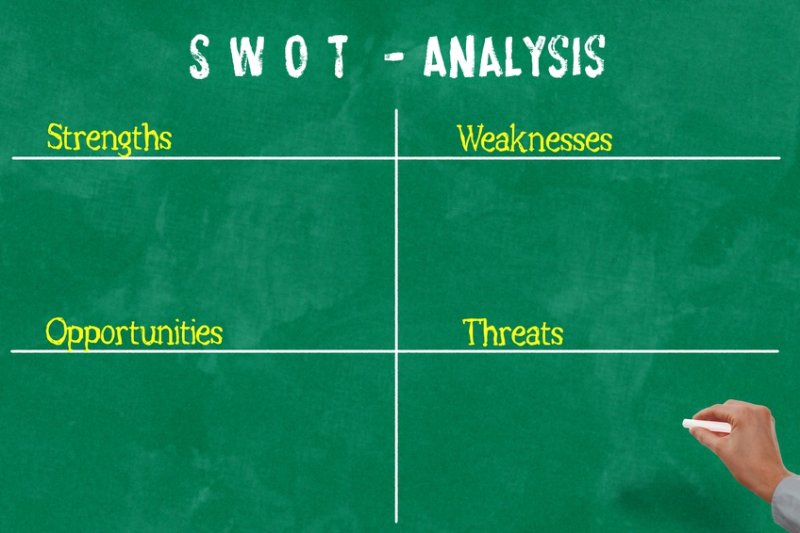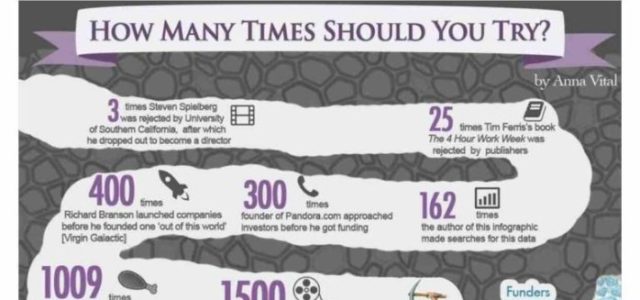A couple of days ago I had a chat with an acquaintance about technology and social media. I’ve been using and educating in the area of social media and digital leadership for years. Connectivity is fantastic and scary at the same time.
When we spoke, I was told I was negative when pointing out the risks with digital technology and connecting online.
It made me think quite deeply about what I’m doing. Shall I only speak and write about the shallow things around life online? Maybe I should just write blog posts that are in the style of ‘5 simple ways to use social media better’. It would be pretty easy; then I could even outsource my writing to someone else.
Many people have moved a significant part of their life online, and what happens there is not like playing a game, it’s as real as everything else in life.
Social media and the connected world is complicated. And there is no way out of it. We are going to be even more connected in the future whether we like it or not. Every year a few hundred million are going to get access to the internet. More people can afford a smartphone and use social media in many different ways.
Daily we are witnessing how ISIS is utilising social media to spread their message. The next moment we see a post about crazy cats on social media. Our online life is a mix of good and bad things.
SWOT ANALYSIS
Once when I was bored at a conference, I started writing a good old SWOT analysis about the digital economy. I would like to finish it with the help of you; then we can look at the SWOT when we have a moment of doubt whether our connected life is right or wrong.

Here is the SWOT I wrote, in no particular order:
Strengths
- Many digital devices to choose from – the internet of things is growing
- Better and faster communication and new ways to connect
- Cheaper to stay connected with people around the world
- Less travel and carbon footprint, if we choose to
- Hundreds of new marketing ideas and solutions
- People love to use and explore new technology
- Opens up for collaboration and partnership
- More data and information available
- Social media is connecting the world
- Flexible working possibilities
- Less paper (or maybe not)
- Improving productivity
- More transparency
- It’s here to stay
Weaknesses
- Bad customer service (should be forbidden to set up a business and then screw your customers over)
- We have to dig in the ground, to rewire and connect people with faster broadband service
- We are not sure what ‘best practice is’ because it has not been done before
- Not enough young people are interested in tech and especially young girls
- Organisations and teams are working in silos due to too many emails
- You must sign up for long supplier contracts, like 12 or 24 months
- Poor scrutiny of online sources. What information can we trust?
- Slow broadband and you pay for more speed than you get
- Bad technical infrastructure to build new services on
- Trends move forward quickly. Difficult to keep up!
- Not enough strong leaders who can drive change
- Online storage takes a lot of space and resources
- Big confusion over who owns your personal data
- Digital development is a bit ad hoc and messy
- Websites and Apps have poor usability
- Information overflow on the internet
- Everyone can’t afford to be online
Opportunities
- With your smartphone, you have information at your fingertips
- People who never had a voice in the past can connect online
- Online communities are gathering power and knowledge
- Limitation due to geographically boundaries are smaller
- More people will learn to code and create new solutions
- You can take more courses online and educate yourself
- New business opportunities are created all the time
- New job roles we have never heard of are created
- More ways for brands to connect with consumers
- We can share our experiences easier with others
- The web is opening up for magic connections!
- New connectivity thanks to social media
- You can track your own health data
- Online tools make design easier
- Easier to shop from home
- Improving healthcare
Threats
- Digital illiteracy equals bigger inequality. In the UK, 10 percent don’t have access at all to the web
- Not setting big and ambitious goals about what we want to achieve with our digital economy
- Lack of awareness of impact of digital technology and what it does to people
- People are not expressing their opinions online due to the threat of trolling
- The recruitment industry is broken and under the power of ‘keywords’
- The giants such as Facebook and Google have too much power
- Investments in new technology and education are too small
- The dark web where you can trade illegal goods (it’s huge)
- Organisational cultural change takes far too long time
- Grooming of children and vulnerable people online
- Our self-image changes when we spent time online
- Data loss, it’s easy to forget to backup data
- Many governments spy on their citizens
- Online trolling and online bullying
- Freedom of speech being abused
- Talent management is harder
- Lack of digital skills
- Security issues
- Privacy issues
- Online fraud
What should I add to my SWOT? Please get in touch to share your thoughts.
Sofie
Article by channel:
Everything you need to know about Digital Transformation
The best articles, news and events direct to your inbox
Read more articles tagged: Featured, Social Media






